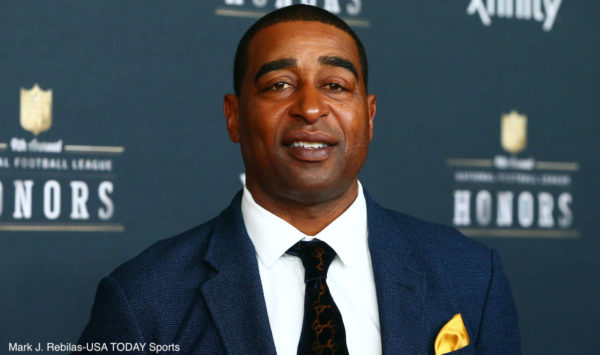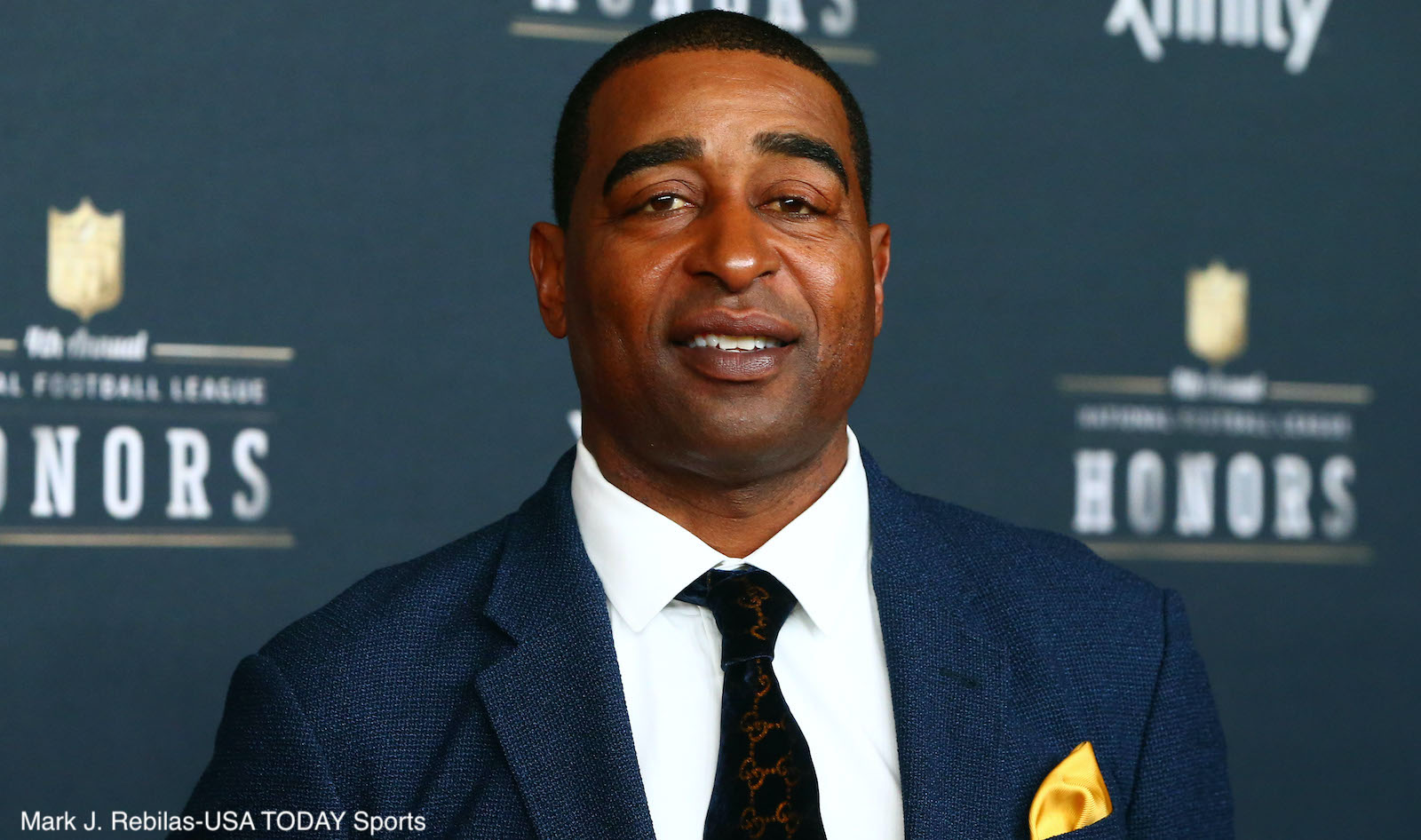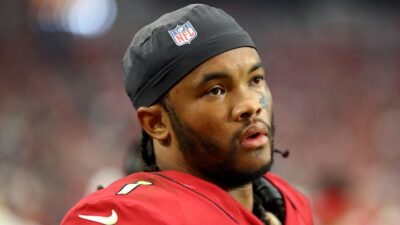
Cris Carter is known for overcoming a drug addiction early in his NFL career to become one of the greatest wide receivers of all time, and the Hall of Famer says receiving illegal benefits while in college played a role in him going down the wrong path.
Carter was a guest on “Untold Stories” this week with Bleacher Report’s Master Tesfatsion. He shared some of his thoughts on the NCAA’s new name, image and likeness rules, which led to a discussion about him taking illegal benefits in the 1980s at Ohio State. Carter says a deal he signed with former sports agents Lloyd Bloom and Norby Walters contributed to him making poor decisions.
Carter met with Bloom and Walters when he was sent to Miami by Ohio State for a Playboy All-American photoshoot. He said he viewed making a deal with the agents as “cutting edge” and ahead of its time.
“I think they gave me $15,000. I remember picking them up in Columbus, that’s where we signed the contract like that next week,” Carter recalled. “I can’t remember if I’m driving or if I’m in the back. I’m counting the money. It was all hundreds. I think I got $10,000 to sign and $5,000 later on. Also I got a car and I got $500 a month that they Western Unioned.”
Carter was a freshman at the time and came from a poor upbringing, so he said he $500 was a lot to him.
“People start thinking, well, $500 a month — I’m a freshman. I’m gonna have this for three years,” he said. “I didn’t have to worry about all that. They gave me an application for an American Express. I was like, ‘I ain’t never had a credit card. I ain’t ever never lived in a house, I always lived in a housing project.'”
He didn’t spend the money wisely, however. Carter said he only smoked marijuana at the time, but the deal gave him enough money to experiment with hard drugs. That’s why he has concerns over athletes being able to earn money now while in school.
“To me, it’s not about the money. I do believe there is a way we can compensate, but giving young people unlimited amounts of income is not the best thing,” he said.
You can hear the relevant portion of Carter’s interview at around the 3:27 mark below:
Untold Stories Episode 29
Cris Carter shares how improper benefits at Ohio State introduced him to crack. A cautionary story for college athletes in this NIL world.pic.twitter.com/7XgdOivHhK
— Hookah Doncic (@MasterTes) September 16, 2021
Carter has tried to mentor other players who have had drug problems. He nearly ruined his career when he couldn’t stay clean, but he eventually turned things around. While most people seem to agree that student athletes have a right to profit off their own successes, Carter’s experiences are certainly a cautionary tale.














